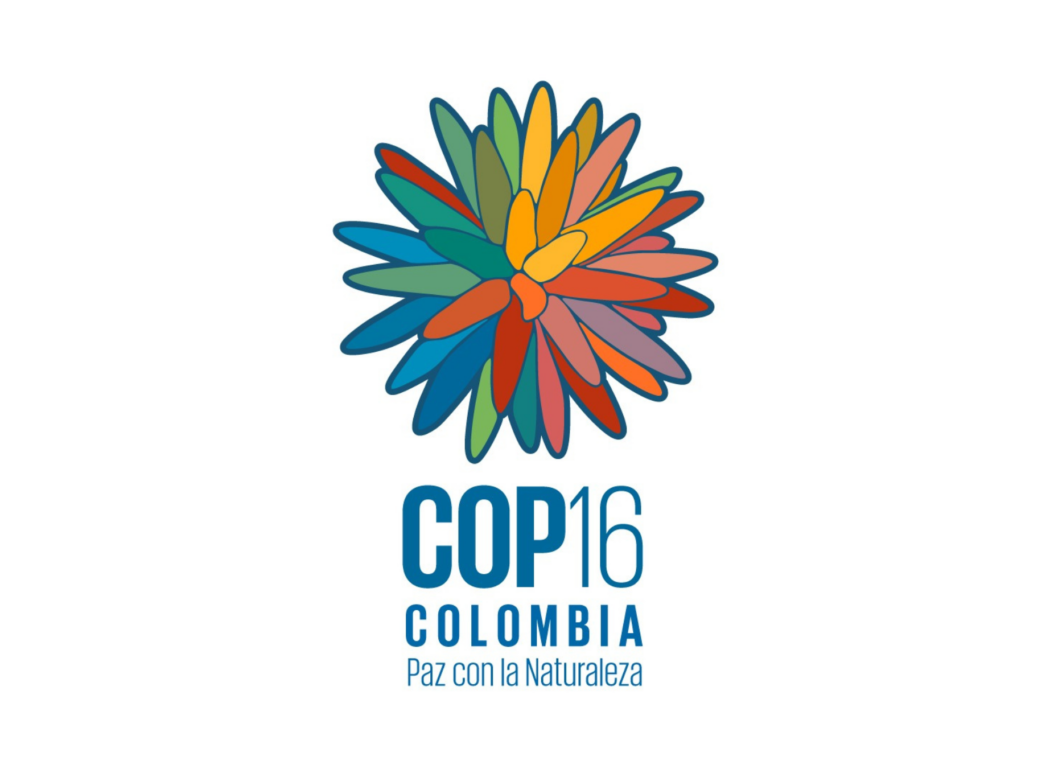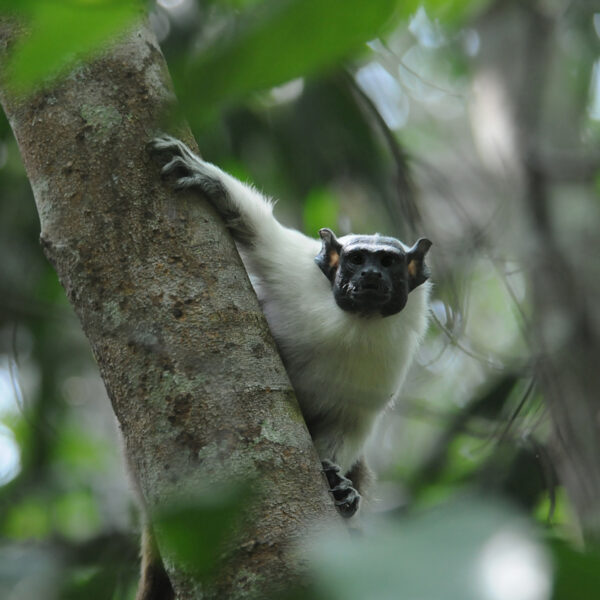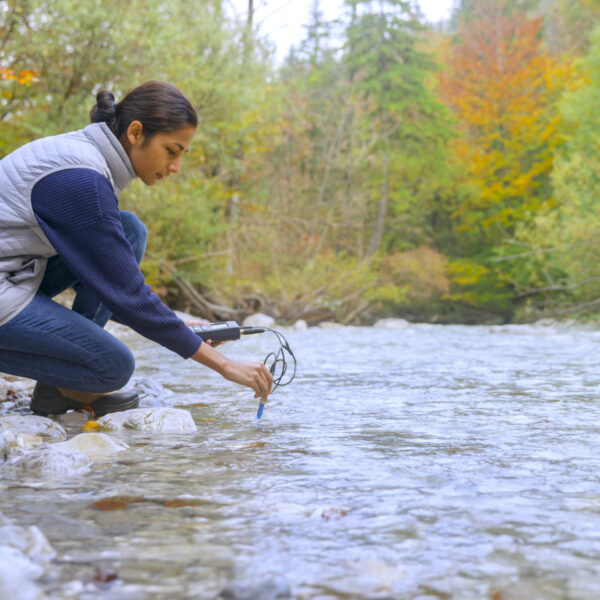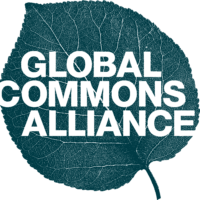
The UN CBD’s COP16 runs on 21 October – 1 November 2024, and has seen high numbers of registrations for a nature cop. It is the first time participants will meet since the Kunming-Montreal Global Biodiversity Framework was adopted in 2022 and will be an important moment to assess progress towards global goals for nature.
Commenting on the COP in Cali, Colombia, Marco Lambertini, Convener of the Nature Positive Initiative said; “Colombia is a perfect country to host a nature COP. Not only is it one the world’s richest countries in biodiversity, it is also playing a leading role in global coordination efforts to protect and restore nature. In the midst of crucial elections and pressing issues of national and international security, it is critical that this UN Biodiversity Conference succeeds in keeping nature high on the global stage.
“The world must wake up: the state of the world’s nature is an issue that cannot be put in the back room. Half of the biggest risks to our futures are environmental, and scientists are desperately warning world leaders that we are accelerating towards dangerous and irreversible tipping points.
“Addressing our impacts on nature and halting and reversing biodiversity loss is no longer only a moral duty to coexist with Earth’s amazing diversity of life but is a threat to our economy, social cohesion, health and wellbeing. It is a security issue for humanity and an unmissable opportunity to secure a safe and just future for our children.”
The ambitious and concrete GBF was dubbed the ‘Paris agreement for nature’, making strong parallels with the action that is being taken to keep global emissions to 1.5 degrees. It included for the first time, a mission to halt and reverse biodiversity loss by 2030, a net-positive, nature-positive global goal.
Beside important negotiations on how to share benefits across nations from valuable nature’s genetic resources, mobilise more funding for biodiversity conservation particularly to least developed countries and accelerate the protection of 30% of land, freshwater and the ocean, COP16 has the strategic opportunity to reaffirm the imperative of halting and reversing biodiversity loss for the benefit of humanity and all life on Earth and stimulate action.
Two years later, action for nature is falling short and biodiversity decline continues unabated. The WWF Living Planet report revealed a 73% decline in wildlife populations since 1970, yet at the same time we have seen that environmentally harmful subsidies are now estimated to be equivalent to US$2.6 trillion per year.
Only 10% of countries have submitted their national action plans to halt and reverse nature loss in line with global targets. International financial mechanisms are failing to deliver what is needed to tackle one of the greatest crises of our time.
“COP16 presents a crucial opportunity for countries and organizations to demonstrate how they’re turning targets into rapid, ambitious implementation to secure a nature-positive, net-zero emissions future for all. We now need to see governments implementing the GBF, monitoring and reporting on progress and truly making peace with nature. We need all actors in society to align in contributing to the nature positive goal,” continues Marco.
“A very promising dimension of COP16 is the strong participation of businesses and financial institutions, where the majority of the impacts on nature come from and where awareness of the dependencies and materiality of the loss of nature is fast growing. Only a transition from a nature-negative to a nature positive economy can halt and reverse biodiversity loss as well as crucially contributing to mitigating climate change and global temperature rise.
“To drive the ambition and action at the scale and speed needed, the Nature Positive Initiative is coordinating the Nature Positive Pavilion profiling many partners and a variety of voices at CBD COP16, through over 160 events across the two weeks in the Blue Zone. The pavilion represents the widespread support for the Nature Positive goal and brings a unified voice, providing guidance for action. To secure a ‘people positive’ future we need to embrace a ‘nature positive’ one.”




























